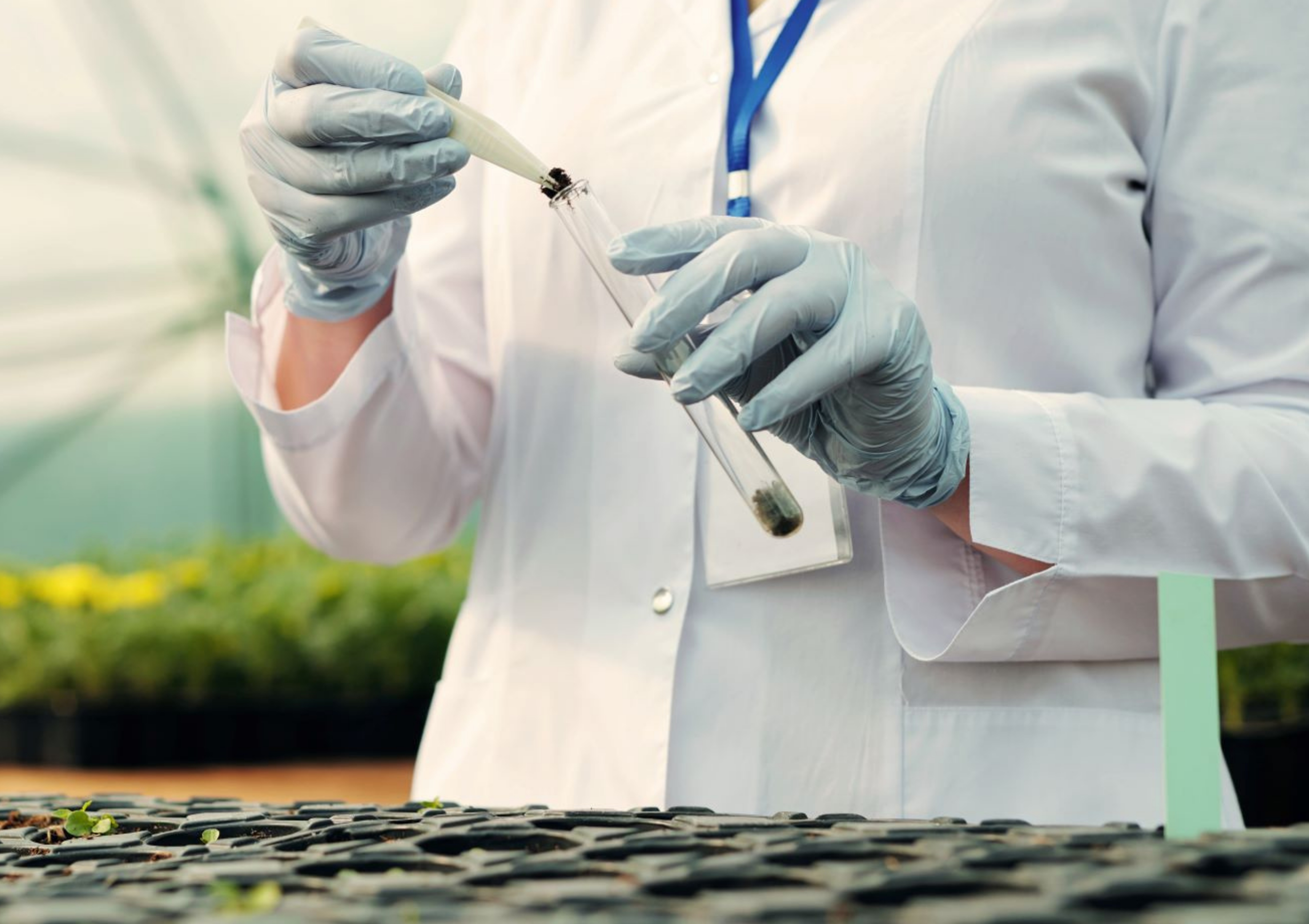Confession time! When I first started this job I had very little knowledge about intellectual property (IP) and patents. Despite spending 15 years of my life in academia, pursuing degrees, a PhD, and postdoctoral research in the field of 'proper' science, IP was never on my radar. Commercialisation was never a topic for discussion. Shockingly, IP was never given significance.
It was only after leaving academia that I discovered another world, one where research holds value beyond publishing papers.
This new reality focused on translating research into real-world products with tangible benefits and, more crucially, commercial value. In this world, neglecting to protect your IP when sharing your work can have disastrous consequences not least undermining the potential for any practical outcomes.
I understand that scientist-founders often find themselves in a similar position. They know very little about something they need to become very well-versed in. Some of the founders I work with possess limited knowledge, while others have misunderstood key aspects. Both scenarios are incredibly risky.
This is why I want to create this IP primer for scientist-founders. I wanted to share the essential information about IP that every scientist-founder should know, and wished I'd known 10+ years ago.
As a scientist-founder, you will be required to make a raft of commercially focused decisions. These aren't all about IP but having a solid grasp of IP and patents' fundamentals will enable you to make much more informed choices across the board. You need to understand what it takes to obtain a patent, its purpose, how the patent system operates, and where critical decision points lie will empower you. As it is highly likely you will be handling much of the research and development yourself, it's absolutely crucial you understand what data you need to secure valuable IP.
My primary goal is to share what I have learned by working with a growing number of scientist-founders. I trust my experience will equip you with enough knowledge to get into good IP habits early and avoid early mistakes that could be challenging or even impossible to rectify further down the line.
Download Sara's IP primer for scientist-founders here.


























.jpg)

%20(1).jpg)
